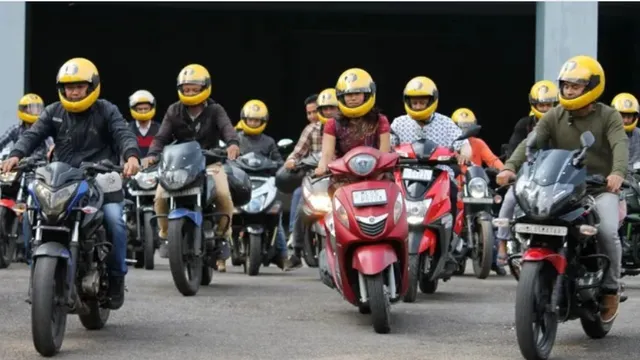- By Shibra Arshad
- Thu, 26 Jun 2025 04:23 PM (IST)
- Source:JND
Bengaluru Bike Taxi Ban News: Auto fares in Bengaluru have significantly gone up after the statewide auto taxi ban in Karnataka. Now, residents are demanding fare regulation and action against auto drivers and aggregator platforms, employing exploitative practices.
Commuters from across the city have taken to social media to share their ordeal, complaining about the considerably high fare charged by auto drivers for even short distances.
PC Mohan, Bengaluru Central MP, urged the state government to regularise auto fare and protect commuters from ‘unchecked digital monopolies and collapsing fare regulation.” Mohan shared his experience to highlight the issue. In an X post, Mohan said, “A 1.5-km auto ride through aggregator apps now costs over ₹70. The fare structure has completely broken down. The government must step in, enforce metered fares, and dismantle digital cartelisation. Commuters have already been overcharged by ₹1,010 crore.”
Claiming that the auto fare has skyrocketed by 50 per cent post bike taxi ban in Karnataka, Mohan further wrote, “A 3-km ride now costs between ₹120 and ₹150. Riders are forced to pay extra 'tips' of ₹30 to ₹100 just to avoid cancellations. With meters largely dysfunctional and no oversight on aggregator pricing, urgent government intervention is needed.”
Residents have also flagged the issue on social media as they demanded a practical solution from the transport department. One user wrote online, “Try taking an auto from KR Puram railway station after a train arrives. Even for 1–2 km, you’ll experience the exploitative surge pricing first-hand. Government officials need to experience this like regular citizens do.”
ALSO READ: Bank Of India Approves Rs 20,000 Crore Infra Bond Issue For FY26
Another suggested that transport options such as bike taxis, shared autos, and point-to-point Tata Ace vans with fixed fares should be legalised in the state to make the transport system affordable and connectivity feasible.

